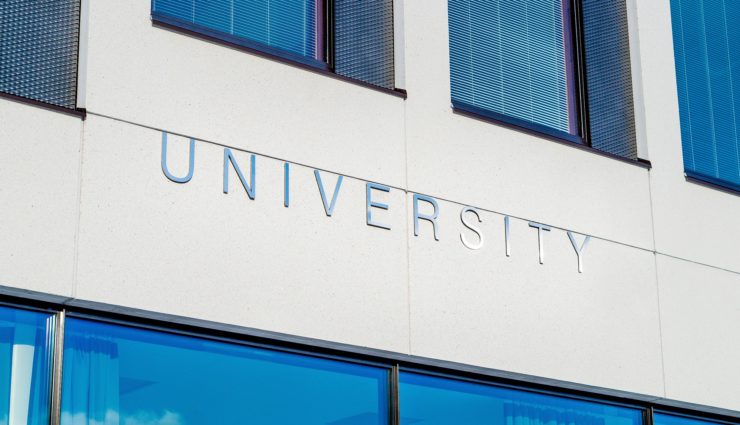10/30/2017 by Carney Sandoe Staff |
The Schoolroom
A Kinder, Gentler, Better College Admissions Process

The college admissions process has long been the source of tension and debate — and with good reason. Precious few other events have such a central impact on one’s life. And fewer still stir up so much anxiety, pressure, frustration, confusion, and uncertainty.
A recently released report from Making Caring Common, a project of the Harvard Graduate School of Education, highlights a broad-based summit on college admissions. Participants included college admissions officers, guidance counselors, school principals, character education experts, university administrators, and representatives from independent schools, among others. The purpose of the meeting, as the authors put it, “was to consider how to improve the role of the college admissions process in promoting and assessing ethical and intellectual engagement.”
There’s not much new in the wish for a better admission process. But what is striking about this meeting and the subsequent report is that a number of colleges and universities are already implementing changes based on the recommendations. For its part, Making Caring Common says it will work over the next two years with college admissions offices, school guidance counselors, parents, school administrators, and other key stakeholders to widely implement the report’s recommendations.
At the core of the recommended changes is a wish to use the college admissions process as a way to encourage young people to reduce the current myopic focus on individual achievement and engage more on service to others. In short, the report “makes the case that college admissions can send compelling messages that both ethical engagement — especially concern for others and the common good — and intellectual engagement are highly important.”
To create this balance, the group recommends that we:
- use the college admissions process to encourage community engagement and a commitment to the collective good;
- change admission criteria to include the ability to measure an applicant’s contribution to community and to others; and
- collectively redefine achievement in way that levels the playing field for students across race, class, and gender.
A healthy and fair admissions process, the report argues, “needs simultaneously to reward those who demonstrate true citizenship, deflate undue academic performance pressure, and redefine achievement in ways that create greater equity and access for economically diverse students.”
All of this is good news for those of us who work in precollegiate education. For one, the changes this group calls for aligns with the mission of most schools and the wishes of most parents. It should also help bolster those schools — such as those in the coalition Private Schools with Public Purpose — that have been pushing for more student engagement with the community.
In fact, what stands out in the report is the call for all students to take part in a full year of community service of some kind. In particular, the report wants students to engage in collective problem solving — in, say, addressing local environmental issues — and to develop a greater understanding of diversity and why it is so valuable to community health. In an effort to make caring common, the thinking goes, we should all help students learn how to collaborate across differences. In doing so, we not only inculcate in students a sense of responsibility for the world — present and future — we also help them develop the cultural competencies to make needed change.
While these efforts and goals are admirable, the challenge will come in finding a way to truly value these core social skills in the college admissions process. To this end, the report asks for specific changes that shift the focus to the quality of extracurricular activities, rather than quantity, and that require students to explain the value of such service in narrative form.
The report’s authors also encourage a reduction of AP and IB courses. At the moment, the process encourages and rewards students for loading up on such courses, as if doing so is proof of greater intelligence and college readiness. On the other hand, the report also calls for a better balance of access to AP and IB courses across the education spectrum. Too many low-income students have little to no access to high quality, academically challenging courses.
As for admissions tests, the report recommends that colleges and universities offer proof that the focus of the tests clearly relate to performance at each college and university. The report also asks colleges and universities to be clearer with applicants about the value of the tests — how much the test “counts” — in the admission processes.
Finally, the group wants everyone involved in college admissions — from admissions officers to school counselors to teachers to parents — to challenge the notion that there are only a handful of colleges that are vital to job and life success.
It’s hard not to cheer on these efforts to better align admissions and the goals of education as a way to develop smart and good and well-adjusted adults.
For a more in-depth discussion of all the recommendations, see the full report at www.makingcaringcommon.org.
Leave a Comment
0 Comments
There are no comments on this blog entry.